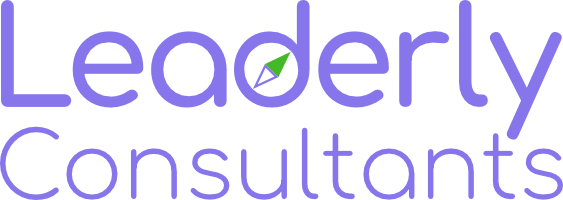These two phrases form the title of a book by Rabbi Joseph Telushkin, in which he talks about the effects of speaking fairly (and unfairly) about others. In 42 years of nursing practice and 63 years of life, I have spoken and heard many words that heal, and sadly I must admit, I have heard many words that hurt and on occasion, spoken words that hurt. I think that to be human is to do both — to heal and to hurt, and I suspect that most of you have had the same experience. In our work we know that words are POWERFUL.
Walking through a skilled nursing facility sometime ago, I observed an interaction between a nurse passing medications and a new patient. I do understand — nurses passing medications need to concentrate, and interruptions should be kept to a minimum. This nicely dressed, newly admitted patient, clearly nervous, approached the nurse and said, “I am Mrs. Smith. Do you know me? I am new. Do you have my medications?” The nurse, without looking at the woman, responded “I can’t give you any medication until your doctor calls back. Please wait in your room.” Now this response was factual, to be sure, and not terribly unkind. But I wonder — words that hurt? Or words that heal? Would it have taken any more time to have turned, looked Mrs. Smith in the eye, and said, “Yes, we have been expecting you, welcome. I am Nurse (name). We called your physician and are awaiting a call back about your medications. Do you need help getting settled?” Under the daily pressures in busy offices and on busy units, it’s not uncommon to speak quickly and off the cuff, before we have taken the time to choose our words. The nurse who spoke to Mrs. Smith isn’t a bad nurse. She is a busy nurse. She might have reflected on those words later and wised she had spoken differently. The challenge is this: we can say we are sorry (and we should), but we can’t “un-say” words that hurt. I have observed so many acts of kindness in clinical settings, and while I know that we are not perfect (we are fully human!), I believe that we should strive to limit our words that hurt — with our patients, their families, our co-workers, and our own families — and deliberately use words that heal. I can think of many — “thank you”, “please”, “I’ll help you”, “great job.
How do you inspire healing speech in your setting? Do you have a story that illustrates “words that heal”?
